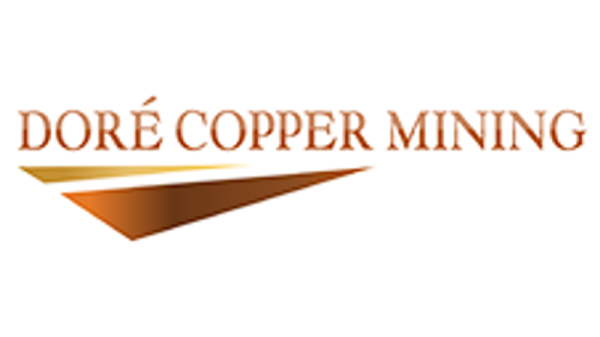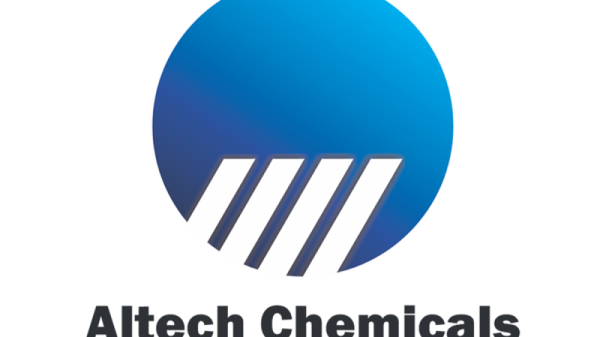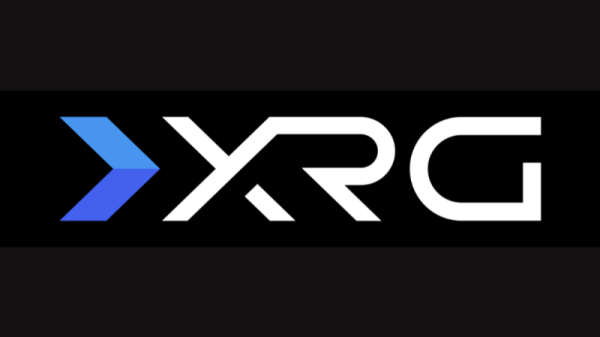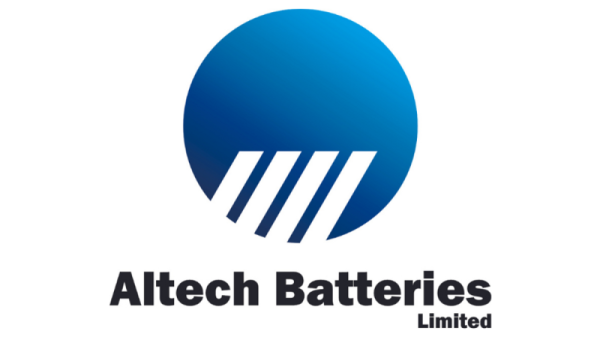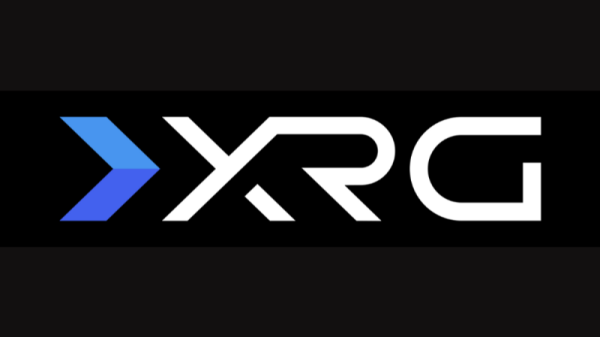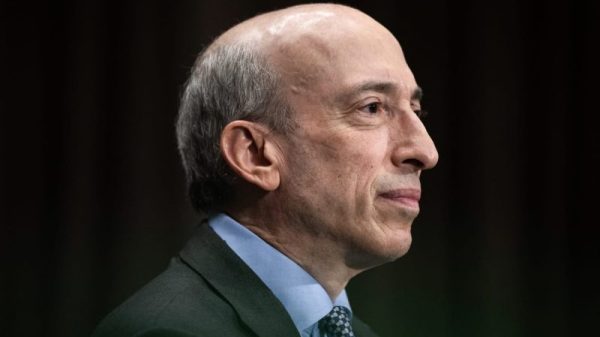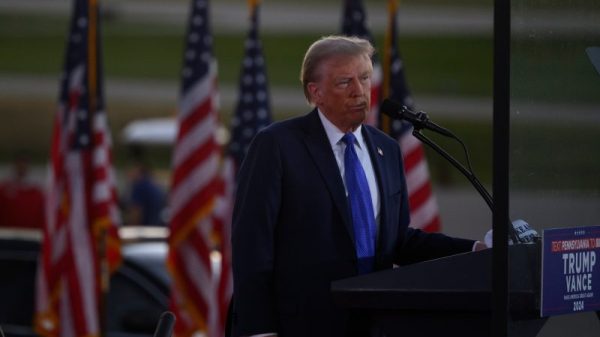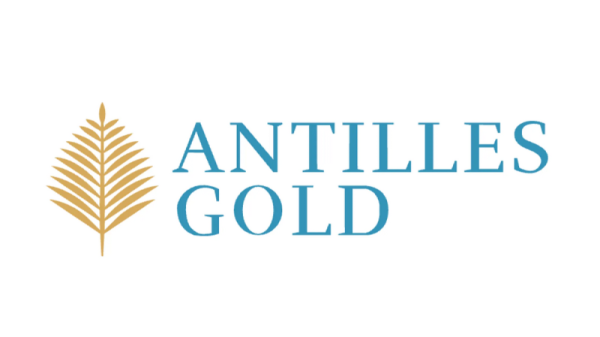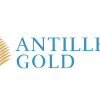As data breaches and cyberattacks rise, cybersecurity exchange-traded funds (ETFs) are gaining traction.
The term cybersecurity originated in 1989, and today is defined as the measures taken to protect a computer or computer system against unauthorized access or cyberattack threats. These measures can include people, policies and processes.
The number of security incidents is increasing every year, along with the costs companies must pay. In fact, according to a 2023 research report from IBM (NYSE:IBM), a single data breach event could cost an organization US$4.45 million — up 15 percent over the past three years and the highest cost in the 19 years since the first report was issued.
These threats are unlikely to fade anytime soon — in terms of the global cybersecurity sector, a Statista report published in mid-2023 suggests that the market could reach a value of US$583.3 billion by 2030.
There are multiple ways to invest in the cybersecurity market, but ETFs offer a low-cost way to enter the space. ETF fees and expenses are typically lower than those associated with mutual funds or other types of actively managed financial instruments. What’s more, ETFs provide exposure to a basket of stocks, meaning investors can spread their risk around.
According to ETF.com, there are seven cybersecurity ETFs listed in the US. Here’s a closer look at the top four cybersecurity ETFs by assets under management (AUM). All numbers and figures were current as of September 26, 2023.
1. First Trust NASDAQ CEA Cybersecurity ETF (NASDAQ:CIBR)
AUM: US$4.97 billion; current share price: US$44.68
Launched in July 2015, this ETF tracks the NASDAQ CEA Cybersecurity Index (INDEXNASDAQ:NQCYBR) and has 36 holdings. In total, 83.63 percent of the fund is allocated to US stocks, along with 5.86 percent to India-based stocks, 3.02 percent to French stocks, 2.78 percent to Japan-based stocks and 1.56 percent to UK-based stocks. Its expense ratio is 0.6 percent.
The First Trust NASDAQ CEA Cybersecurity ETF’s top cybersecurity stocks include Infosys (NYSE:INFY) at a 6.35 percent weighting, Fortinet (NASDAQ:FTNT) at a 6 percent weighting and Palo Alto Networks (NYSE:PANW) at a 5.83 percent weighting.
2. ETFMG Prime Cyber Security ETF (ARCA:HACK)
AUM: US$1.43 billion; current share price: US$50.66
The oldest cybersecurity ETF on this list is the ETFMG Prime Cyber Security ETF, which began trading in November 2014 and tracks the ISE Cyber Security Index (INDEXNASDAQ:HXR). It has 55 holdings with a 0.6 percent expense ratio. This ETF has had a 5.56 percent annualized return over the past five years, and is run by ETFMG, a lesser-known company among the goliath ETF managers.
The cybersecurity ETF’s top holdings include Splunk (NASDAQ:SPLK) at 5.48 percent, Akamai Technologies (NASDAQ:AKAM) with a 4.73 percent weighting and Check Point Software Technologies (NASDAQ:CHKP) at a 4.65 percent weight.
3. GlobalX Cybersecurity ETF (NASDAQ:BUG)
AUM: US$602.5 million; current share price: US$23.77
The newest ETF on this list is the GlobalX Cybersecurity ETF. Founded in October 2019, it tracks a market-cap-weighted global index of companies selected based on revenue related to cybersecurity activities. This fund has an expense ratio of 0.51 percent.
The ETF’s top holding include Zscaler (NASDAQ:ZS), weighted at 8.72 percent, CrowdStrike Holdings (NASDAQ:CRWD) at 7.09 percent and Palo Alto at 6.52 percent.
4. iShares Cybersecurity and Tech ETF (ARCA:IHAK)
AUM: US$584.63 million; current share price: US$37.78
Last on this cybersecurity ETFs list is the iShares Cybersecurity and Tech ETF. Founded in June 2019, it tracks the NYSE FactSet Global Cyber Security Index (INDEXNYSEGIS:NYFSSEC), and has a focus on developed and emerging markets in the cybersecurity industry. This fund has an expense ratio of 0.47 percent.
The iShares Cybersecurity and Tech ETF has 38 holdings, including VMWare (NYSE:VMW), weighted at 4.57 percent, Qualys (NASDAQ:QLYS) at 4.49 percent and Akamai Technologies at 4.46 percent.
Securities Disclosure: I, Melissa Pistilli, hold no direct investment interest in any company mentioned in this article.

